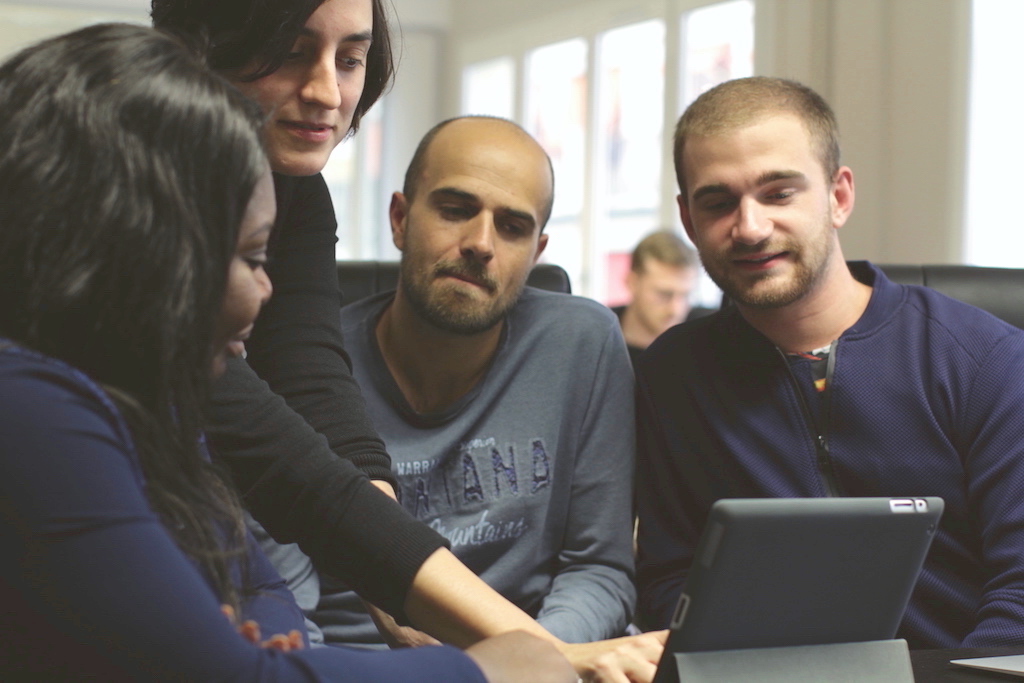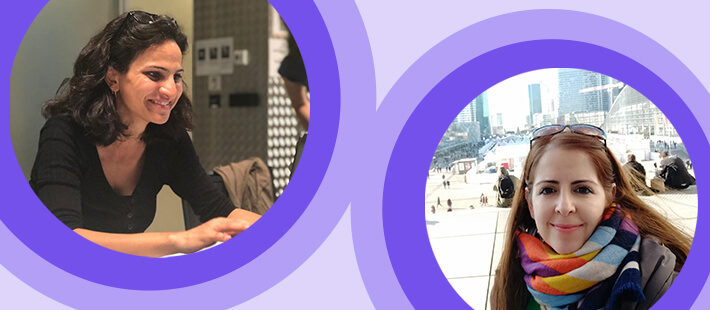At OpenClassrooms, believe we are at the forefront of an education revolution taking place today around the world. With our mission to make education accessible to everyone, everywhere we are pioneering the an educational model that will help transform the lives of people across continents.
Here are 6 characteristics we believe will mark the future of education.
- Open to all
Tomorrow’s education must present itself as an alternative to the increase in university fees, which exclude certain students and lead others into debt. This is a particularly strong trend in the USA (35,000$ of debt per student on average) but which we also find, to a lesser extent, in Europe.
It is up to us the educators, entrepreneurs and engineers to find viable models to turn education into a product for mass consumption and not a luxury product.
- Ultra personalised
“Education means discovering yourself. This cannot happen if you are trapped by the constraints of conformity.” ― Ken Robinson, The Element: How Finding Your Passion Changes Everything
As opposed to traditional education with its tendency to standardisation, we are convinced that, with the help of technology, we are soon going to be able to make customised programmes to meet the actual needs of the learner. A personalised education can be adapted for all expectations, levels, pace and learning preferences. This would allow, among other things, its success to be measured against its own objectives.
- Peer to peer
By using mentoring, the very relationship between the different participants in education could be revised. Historically, this relationship has always been top down. The wise teacher was the source of all knowledge; his function was to transmit this to a receptive (often passive) audience, presumed to be ignorant.
Today, lessons are just one resource amongst many others and the role of the educator has become one of a facilitator rather than a transmitter of knowledge.
In the future, we believe that this relationship could be even further decentralised. Learning and transmission could be self-organised within networks made up of peers at all levels with no notion of hierarchy. In this model, the boundary between formal and informal learning would become more and more blurred and the world would become a single, gigantic classroom.
- Practical
 How many people with great potential have become disenchanted by education methods which are disconnected from reality and which are of little use, impractical and demotivating? If academia needs to exist to provide a minimum theoretical base, it should not be imposed on those who want to be trained quickly and effectively in a skill.
How many people with great potential have become disenchanted by education methods which are disconnected from reality and which are of little use, impractical and demotivating? If academia needs to exist to provide a minimum theoretical base, it should not be imposed on those who want to be trained quickly and effectively in a skill.
- Continuing
Up until now we were living with the illusion that education was just a first step in preparation for a working life. That during the first quarter of our lives, we were going to learn a skill in a school environment, and then work in this job until the age of retirement. Today, we have to recognise that the reality of the employment market is very different. According to the Bureau of Labor Statistics, an American entering into the employment market today can expect to change jobs between 12 and 15 times during a career… Technological advances are making more and more skills obsolete and much more quickly. What you learned when you started an engineering course will perhaps no longer be good practice even before you finish the course. Certain jobs will even disappear completely. So we have moved from the ideal of a guaranteed job for life to the need for constantly maintaining our employability.
To reflect this reality, education can only be envisaged as flexible, continuing and lifelong. And as we cannot continue sitting in crowded classrooms in school or university, new solutions must allow us to train or retrain in the workplace or at home.
- Online and off-line
Even though we are a technology company, we do not see online learning as a universal solution to all education problems. We believe in blended-learning. The logic is thus: use a machine to do what a machine does better than a human and vice versa. Even if education technology can train practically everyone, it does not aim to replace 100% of traditional training.
These different points appear obvious for some, revolutionary or utopian for others. Either way, we are convinced that we are divided by time and the energy of people with a passion.
If you want to talk to us about your vision of education, join our Meetup group. If you want to help us to build our vision, come and work with us. If you want to experience our alternative solution, sign up for our courses or paths.











Thanks for sharing this stuff with us!
Looking further into the future of education, we may see a radical restructuring of how we learn, not just in schools and universities, but through our entire life. Classrooms will continue to exist, enhanced through the use of a wide range of new tools, technologies, and methodologies.
Thanks for your comment. And yes, we totally agree. It true to that the definition of a classroom has evolved – and surely it will continue to.
i really love this post. online education will also pay an important role & your 4th point – practical is really important. Nowadays people are hired based on the skills, not by looking at their grades.